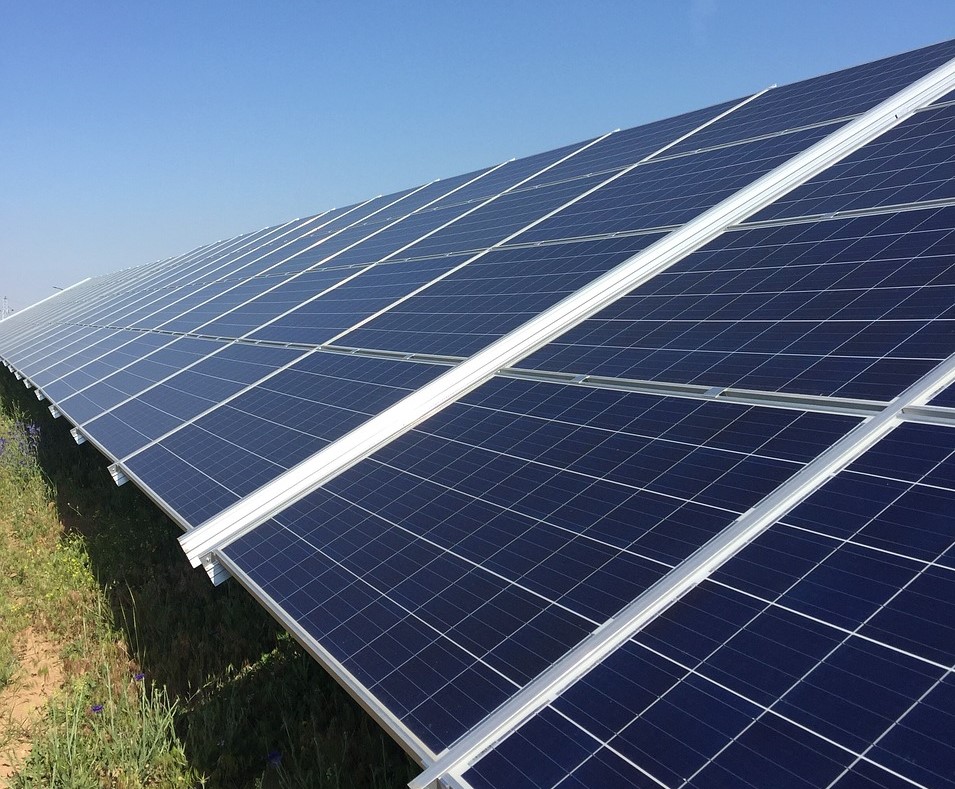As the world navigates the complexities of climate change and seeks sustainable energy solutions, the case for solar energy adoption stands resolute, particularly in a country as vast and diverse as India. Embracing solar power is not just an option; it’s a necessity for a brighter, cleaner, and more sustainable future. Despite significant advancements, achieving mass adoption of solar energy remains a challenge.
India, with its burgeoning population and growing energy demands, faces the urgent need to diversify its energy sources and is rapidly evolving, with solar likely to meet two-thirds of future demand growth by the Financial Year (FY) 2032 in contrast to the previously coal-dominated decade. The adoption of solar energy offers a pathway toward energy independence, reduced greenhouse gas emissions, and economic resilience. As a renewable resource, solar power ensures long-term sustainability, unlike finite fossil fuels.
The potential applications of solar energy are vast and transformative. From powering homes and businesses to driving agricultural pumps and lighting remote areas, solar energy presents a versatile solution. Its reliability in remote regions, where traditional grid infrastructure is lacking, showcases its immense societal value. Moreover, its environment-friendly nature contributes significantly to mitigating climate change.
While the benefits of solar adoption are evident, challenges persist. The irregularity of solar power and the lack of efficient storage technologies remain primary concerns. The upfront costs of solar installations, though decreasing, remain a barrier for many. Complex regulations and bureaucratic hurdles often deter individuals and businesses from embracing solar energy.
Empowering the masses with solar energy demands a multi-pronged approach. Accessibility and affordability are pivotal. Initiatives promoting rooftop solar installations for households, coupled with incentives and financing schemes, can democratize solar access. Collaborations between the government, private sector, and local communities are essential to disseminate knowledge, streamline processes, and make solar adoption feasible for the masses.
Addressing these challenges demands a concentrated effort. Technological advancements in energy storage, coupled with government subsidies and streamlined policies, can make solar installations more economically viable. Investing in research and development for innovative solar solutions tailored to India’s specific needs is crucial. Collaborations between the public and private sectors can facilitate knowledge dissemination and drive community-based solar projects.
India’s journey towards sustainable energy centers on the widespread adoption of solar power. It’s not merely a shift in energy sources; it’s a paradigm shift toward a more equitable, cleaner, and resilient future. The potential of solar energy to empower communities, drive economic growth, and mitigate environmental degradation cannot be understated.
Recent data indicates a promising surge in solar installations across various regions making India’s total annual electricity generation to grow by 1,174 TWh in FY 2022-32 period. Over the last quarter, reports have showcased a steady rise in residential and commercial solar panel deployments. This increase is attributed to declining costs of solar technology and growing environmental consciousness among consumers and businesses.
In conclusion, fostering solar adoption requires a holistic approach. It necessitates innovation, collaboration, and a collective vision to overcome challenges and harness the true potential of this abundant, renewable energy source. India stands at a crucial juncture, where embracing solar power isn’t just an option; it’s an imperative step towards a brighter tomorrow.
The views and opinions expressed in this article are the author’s own, and do not necessarily reflect those held by pv magazine.
This content is protected by copyright and may not be reused. If you want to cooperate with us and would like to reuse some of our content, please contact: editors@pv-magazine.com.








By submitting this form you agree to pv magazine using your data for the purposes of publishing your comment.
Your personal data will only be disclosed or otherwise transmitted to third parties for the purposes of spam filtering or if this is necessary for technical maintenance of the website. Any other transfer to third parties will not take place unless this is justified on the basis of applicable data protection regulations or if pv magazine is legally obliged to do so.
You may revoke this consent at any time with effect for the future, in which case your personal data will be deleted immediately. Otherwise, your data will be deleted if pv magazine has processed your request or the purpose of data storage is fulfilled.
Further information on data privacy can be found in our Data Protection Policy.